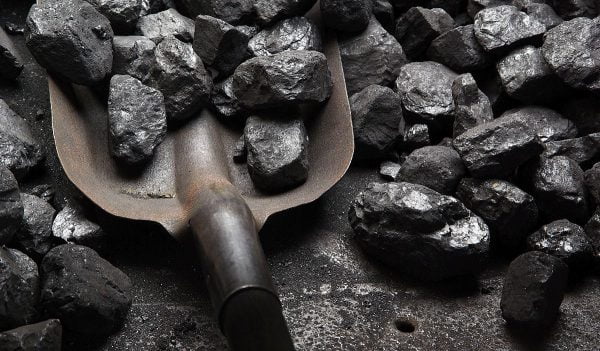Coal miners get temporary permits to export excess stock

Zimbabwe’s coal producers have obtained temporary permits to export excess stock of power coal that have piled up due to low uptake by the Zimbabwe Power Company (ZPC).
Frequent breakdowns at ZPC’s Hwange Power Station has resulted in low uptake of coal and this is exposing the mined commodity to risks of getting burnt up, Zimbabwe Coal Producers Association Linos Masimura told Business Weekly in an interview.
“We have in excess of 200 000 tonnes as ZESA is failing to utilise what we are producing because their plant is battling to stay on due to recurrent breakdowns,” Masimura said.
“We are grateful that we have obtained the temporary approvals, otherwise we would have ended up having a wasted product.”
HPC, the country’s second-largest power plant in western Zimbabwe, has a design capacity of 920 megawatts, but was producing around 310 MW, as of yesterday, amid ageing equipment constraints.
This has seen ZESA, the State-owned power utility rationing power during peak periods. Power coal exports are not permitted to ensure guaranteed supplies of the fuel for electricity production.
However, producers are allowed to export other coal-related products such as industrial coal, coking coal or coke used in steel making.
Zimbabwe has five operating coal mining firms, which are largely exporting into the SADC region.
Masimura however, said the foreign currency export retention of 60 percent was still low and producers were lobbying authorities to keep 100 percent of their foreign currency earnings.
“One hundred percent forex retention will guarantee our viability,” said Masimura.
He said operations were being hamstrung by a shortage of foreign currency to import consumables and spares. In 2020, ZESA agreed to pay 50 percent of coal supplies in foreign currency but ZESA “seems to have re-engaged” on the agreed position.
The deal was hammered to support coal producers who badly need forex to sustain operations. ZESA is being paid in foreign currency by some exporters in return for guaranteed supplies and the deal entailed that coal producers also partly paid forex to sustain viability.
This relates to continuous recapitalisation, procurement of spares and explosives.
Without ongoing maintenance and replacement of machinery and equipment, guaranteed supplies of coal would be impossible. “The money is not coming and no one is answering,” said Masimura.
Herald


